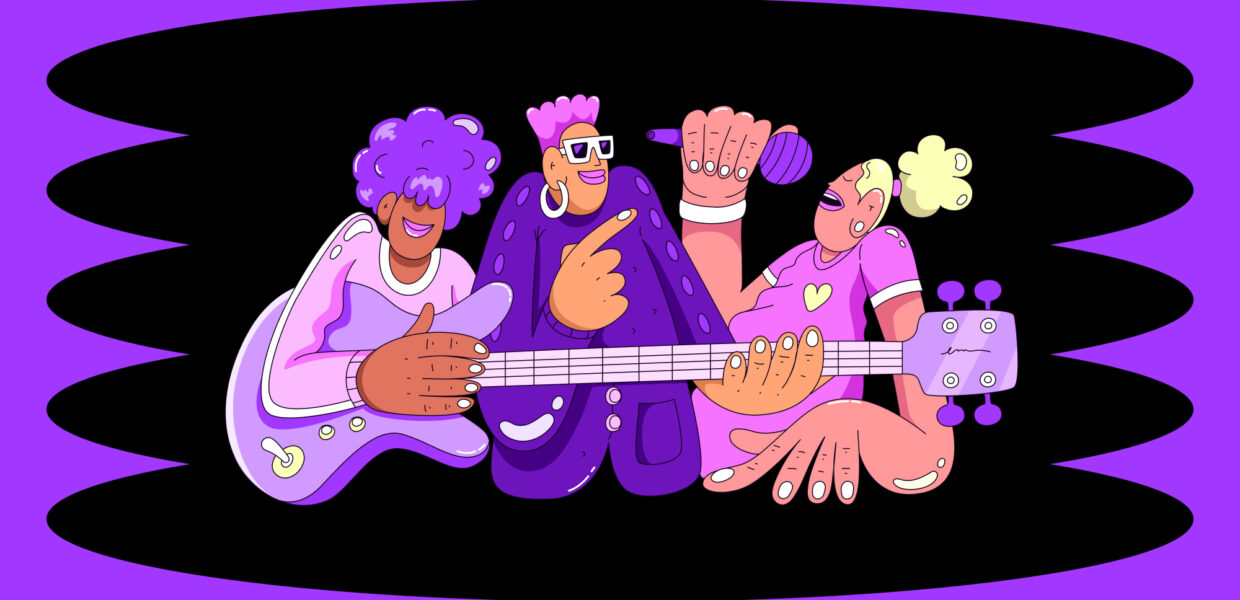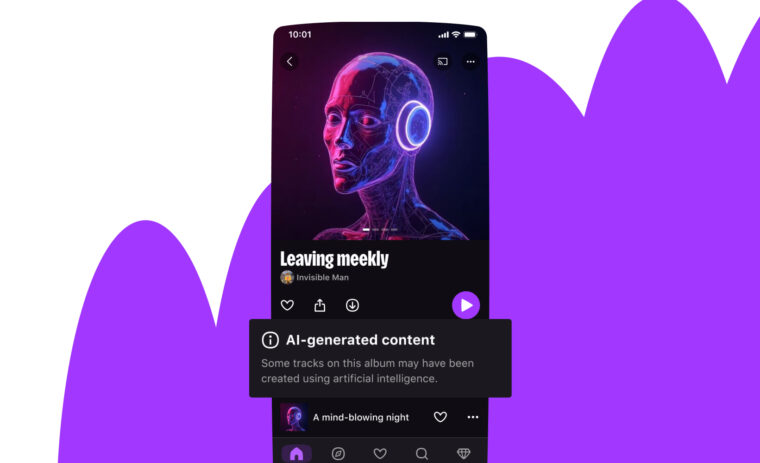Every year during the month of June, we celebrate the vibrant impact of queer music artists who have shaped the soundtrack of LGBTQ+ rights and visibility. Pride Month not only showcases the achievements of the LGBTQ+ communities but also reminds us that the fight for equality continues. This article explores the contributions of queer musicians and their powerful melodies. Hymns of defiance and joy, interwoven with narratives about human sexuality and LGBT identity.
Pioneering queer music artists and their voices
We remember Freddie Mercury’s onstage antics, which boldly challenged traditional gender perceptions. Elton John, who publicly came out in a 1992 interview with Rolling Stone magazine, has since emerged as one of the most revered gay icons in music history. In 2010, he sparked further conversation by describing Jesus as “a compassionate, very intelligent gay man who understood human problems” in an interview with Parade Magazine.
Freddie Mercury, the legendary frontman of Queen, used his vocal prowess and magnetic personality to deliver a powerful message about homosexuality.
Elton John, revered pop music icon, is an emblematic figure of queer culture. Capitalizing on his celebrity, he has tirelessly fought prejudice and defended equality. His ability to mobilize support through his influence illustrates the profound impact artists can have on societal evolution.
The cultural impact of queer musicians in community building
LGBTQ+ artists have helped shape cultural movements and foster community ties.
Icons like Sylvester, the undisputed “Queen of Disco“, have transformed pop music. His songs helped celebrate queer identities in the ’70s.
Alongside Sylvester’s vibrant rhythms, K. D. Lang’s frank dialogue about her sexuality paved the way for future artists. Her LGBT activism and her songs continue to honor the community.
Upon winning the 2023 Grammy Award for Best Dance/Electronic Album with Renaissance, Beyoncé thanked the queer community for their “love and for pioneering this genre”. This seventh album is a collection of dance, house and disco that pays tribute to black and LGBTQ+ pioneers. Tracks like Alien Superstar and Thique are associated with the origins of the body positivity movement.
Madonna has been at the forefront of the LGBTQ+ rights movement. In 1990, her groundbreaking song Vogue, popularized a dance practiced in nightclubs by the Black American LGBT community: “voguing”. Since then, the singer has advocated the acceptance of differences. Her memorable onstage kiss with Britney Spears at the 2003 MTV VMAs, for example, was a true message of tolerance.
The transformative power of LGBTQ musical icons
Music transcends mere entertainment; it enlightens, strengthens and inspires profound societal change. Lady Gaga has established herself as an advocate for LGBTQ rights through her Born This Way Foundation. This foundation is not just a reflection of her musical career; it is a beacon for mental health and inclusion.
Similarly, Melissa Etheridge has transformed a personal statement made at the historic Triangle Ball in 1993 into a vibrant public mission. As a fervent supporter of the LGBT movement, her journey illustrates the unique role artists play in combining intimate authenticity with public advocacy.
The story continues with artists like Frank Ocean, who breaks norms by speaking openly about his homosexuality. His music challenges deep-seated stereotypes of black queer identity and gender diversity in the industry.
Together, these artists illustrate how the world of pop music is positively aiding social transformation.
The enduring legacy and influence of queer music icons
The enduring legacy of LGBTQ+ music legends extends beyond the boundaries of our playlists. We’re part of a cultural shift and the rise of innovative talent and passionate activists.
David Bowie, cultural icon with his avant-garde alter ego Ziggy Stardust, pushed the boundaries of creativity. His persona has enabled individuals the world over to embrace their singularity with pride.
Today, Bowie’s revolutionary ethos continues to stimulate a new generation. Modern artists draw inspiration from his innovative spirit and perpetuate his impact. This ripple effect enriches not only pop music, but other styles too.
LGBTQ+ icons such as Rob Halford, Otep Shamaya and Gaahl enrich heavy metal. They break stereotypes by promoting inclusivity. Their presence demonstrates that this musical genre can be an expressive platform for the diversity of sexual and gender identities.
Through their art, these icons ensure that their legacy endures and evolves.
Unquestionably, queer music artists have not only reshaped the musical landscape but also profoundly influenced societal views on gender and sexuality. Through their creativity and relentless activism, they disrupt conventional norms. Their stories and songs spark transformative conversations and deepen our cultural discourse.
In applauding these artists, we pay tribute to their immense contribution to equality and acceptance of difference around the world.





